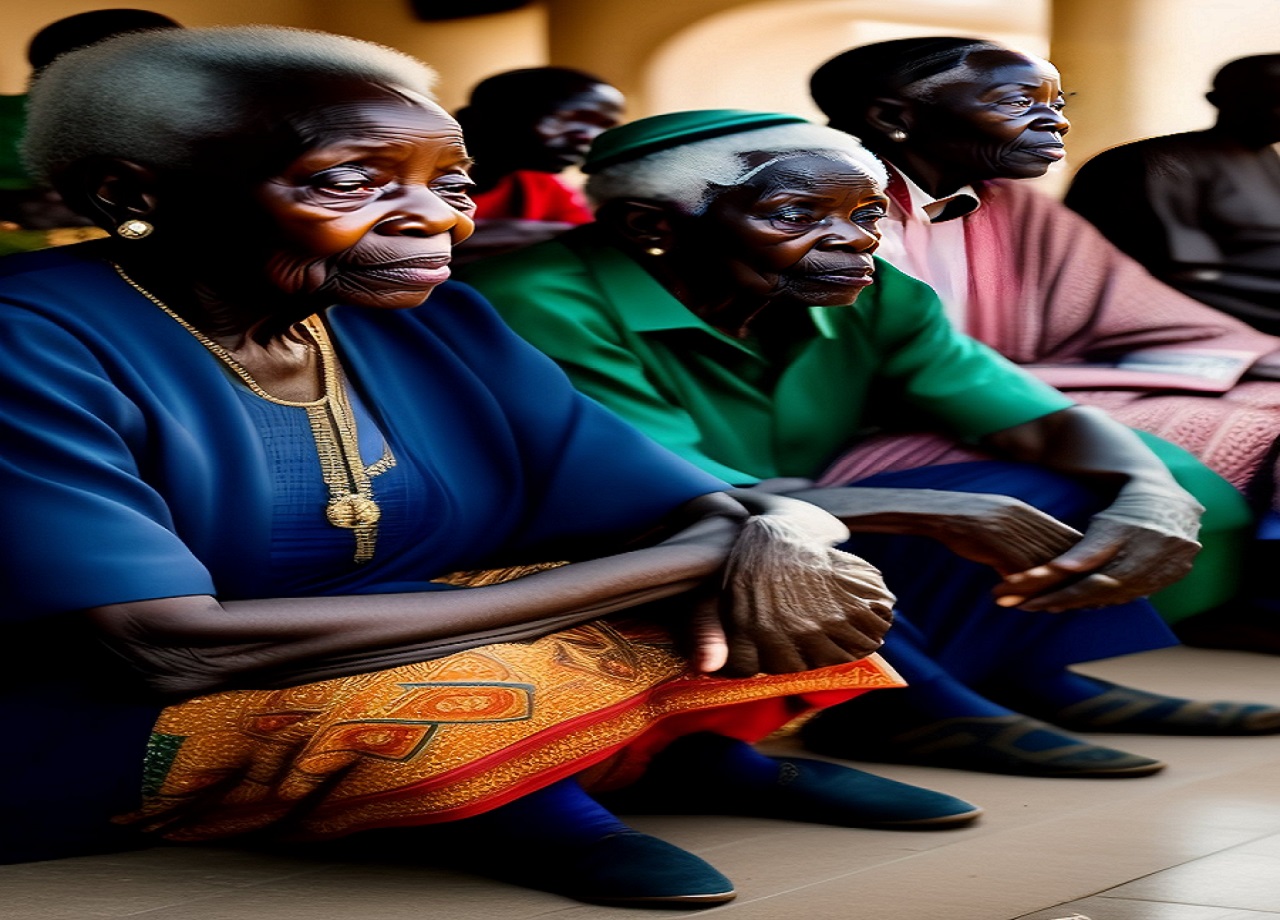Incorporating Indigenous Knowledge into Development: A Pathway to Resilience in a Post-COVID World
The blog discusses the importance of incorporating indigenous knowledge into development as a pathway to resilience and sustainability in a post-COVID world. It highlights the marginalized status of indigenous knowledge in decision-making processes and the need to engage indigenous peoples as equal partners. The integration of traditional ecological knowledge into natural resource management and the promotion of social and cultural resilience through the preservation and revitalization of traditional practices and beliefs are also discussed. However, it is emphasized that incorporating indigenous knowledge into development must be done in a respectful and culturally appropriate manner.

The COVID-19 pandemic has disrupted the world as we know it, exposing vulnerabilities in our systems and highlighting the need for more resilient and sustainable approaches to development. In this context, it is essential to acknowledge the valuable contributions of indigenous knowledge in promoting resilience and sustainability. Indigenous knowledge is the accumulated knowledge, skills, and practices of indigenous peoples, which are grounded in their unique cultural, social, and environmental contexts.
Incorporating indigenous knowledge into development is not a new concept. For many years, indigenous peoples and their knowledge systems have been marginalized and excluded from decision-making processes, resulting in developing approaches that often do not align with their values and ways of life. However, there is growing recognition of the importance of incorporating indigenous knowledge into development to promote resilience and sustainability, particularly in the context of the COVID-19 pandemic.
One way of incorporating indigenous knowledge into development is through a collaborative approach that involves indigenous peoples as equal partners in decision-making processes. This approach recognizes the importance of indigenous knowledge in promoting resilience and sustainability and the need to respect and protect the rights of indigenous peoples. It also acknowledges the unique cultural, social, and environmental contexts of indigenous peoples and the importance of integrating their knowledge systems into development planning and implementation.
Another way of incorporating indigenous knowledge into development is through the integration of traditional ecological knowledge (TEK) into natural resource management. TEK is the accumulated knowledge, skills, and practices of indigenous peoples related to their interactions with the environment. This knowledge system is grounded in a deep understanding of the interconnectedness of all living things and the importance of maintaining balance and harmony in the natural world. Integrating TEK into natural resource management can help to promote sustainable practices that support the health of the environment and the well-being of indigenous communities.
Incorporating indigenous knowledge into development can also help to promote social and cultural resilience. Indigenous knowledge systems are often closely tied to traditional practices and beliefs, which are essential components of cultural identity and community well-being. By incorporating indigenous knowledge into development, we can help to support the preservation and revitalization of traditional practices and beliefs, which can strengthen the social fabric of indigenous communities and promote cultural resilience.
However, it is important to note that incorporating indigenous knowledge into development must be done in a respectful and culturally appropriate manner. This requires engaging with indigenous peoples as equal partners in decision-making processes, respecting their rights and cultural traditions, and recognizing the diversity of indigenous knowledge systems.
In conclusion, incorporating indigenous knowledge into development is a pathway to resilience and sustainability in a post-COVID world. Indigenous knowledge systems offer valuable insights into sustainable practices that can help to promote resilience in the face of environmental, social, and economic challenges. By engaging with indigenous peoples as equal partners in decision-making processes and integrating their knowledge systems into development planning and implementation, we can help to build more resilient and sustainable communities that respect and protect the rights and cultural traditions of indigenous peoples.










